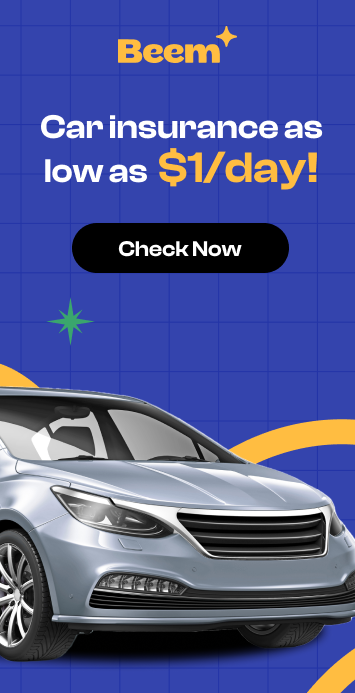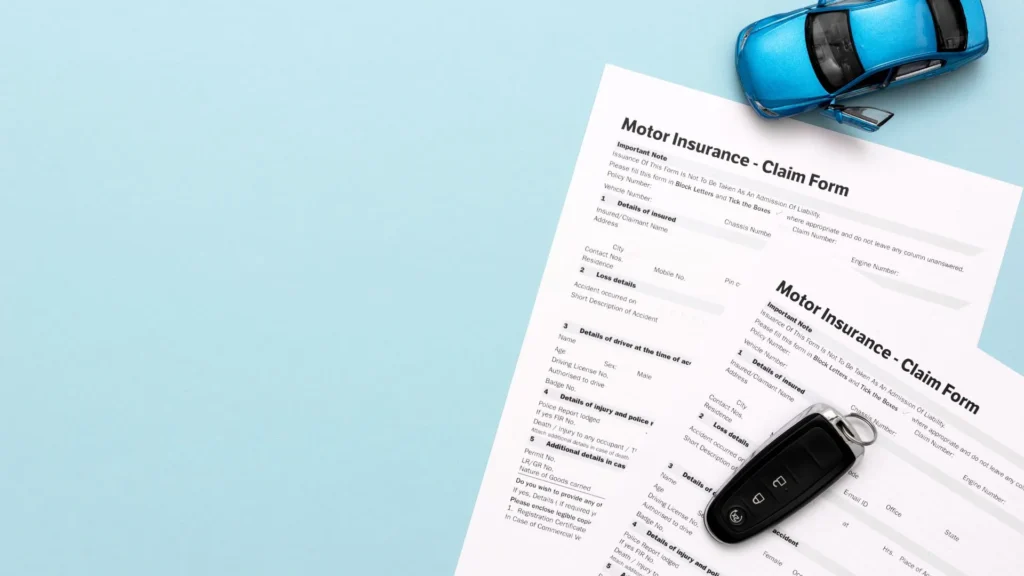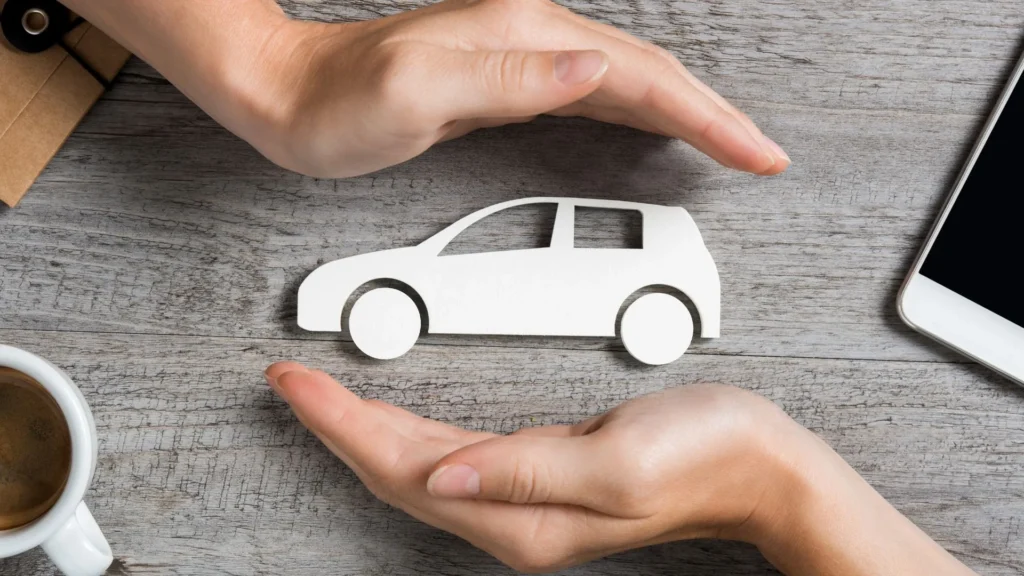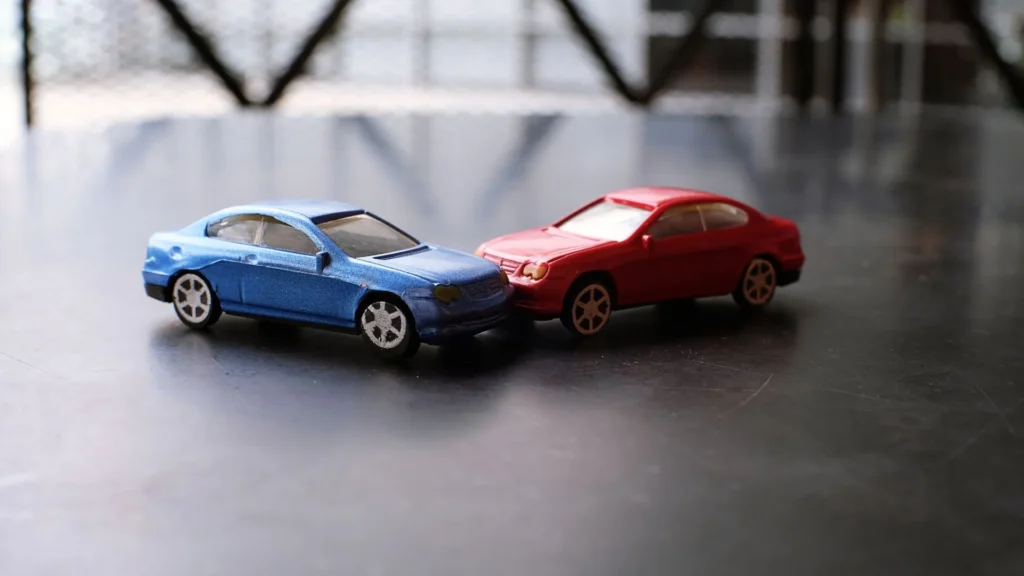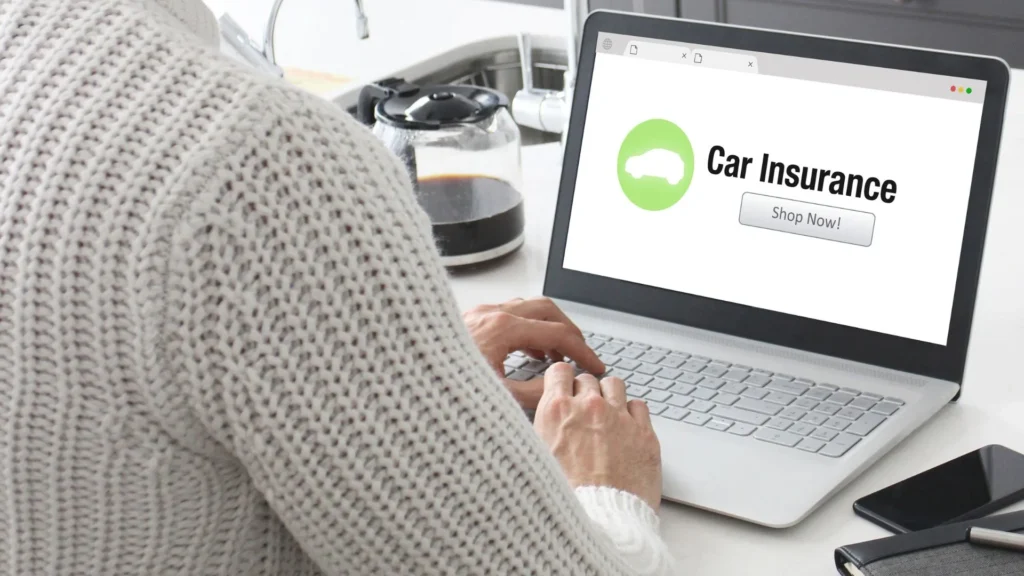Discovering that your automobile has been totaled may be an upsetting experience, and if you have liability insurance, it adds another degree of complication. This detailed article reviews the complexities of dealing with a totaled automobile when you have liability insurance. From determining if liability insurance will pay for your automobile to researching solutions when confronted with budgetary limits, we hope to give extensive insights into every facet of this challenging circumstance.
My Car is totaled and I Only Have Liability Insurance. What Should I Do?
If your automobile is totaled and you have liability insurance, analyze the damage, look into alternative transportation, understand your policy limits, discuss with the at-fault driver’s insurance, and get professional advice.
What is a totaled vehicle?
When the cost of repairing an automobile surpasses its actual monetary worth, it is referred to as “totaled.” This crucial threshold is vital to understand because it initiates a chain of events that determines the route of action. Most states require liability insurance, which is extremely useful for covering damages and injuries caused to others in the event of an accident.
Understanding the requirements for classifying an automobile as totaled sets the context for appreciating the seriousness of the circumstances. The financial ramifications and actions that follow are dependent on this critical definition.
Insurance Companies’ Role
In the aftermath of an accident, insurance firms become crucial actors in determining the fate of your totaled vehicle. Claims adjusters use their knowledge to assess the vehicle’s damage. Their responsibilities include evaluating repair costs and comparing thoroughly with the car’s pre-accident worth.
Declaring an automobile a total loss is not a random choice; it results from a rigorous examination considering complex financial concerns. Gaining insight into insurance firms’ functions clarifies the elements that influence the outcome.
Liability Insurance Limitations
Navigating the aftermath of a total automobile with only liability insurance reveals a set of limits that should be carefully considered. In this complex context, the following significant factors highlight the limitations of liability coverage:
- Third-Party Focus: Liability insurance is intended to cover you financially if you cause harm to others. However, your automobile has no cash buffer for maintenance or replacements.
- No Coverage for Your Vehicle: The primary purpose of liability insurance is to pay damages and injuries caused by third parties involved in an accident for which you are to blame. Unfortunately, it does not extend its coverage to protect your vehicle from the financial consequences of a total loss.
- Repair and Replacement Costs: If your car is totaled, liability insurance will not cover the significant repair or replacement costs. This means that the financial responsibility falls squarely on your shoulders.
Recognizing these constraints leads to a proactive rethink of your financial preparation. Without the safety net of comprehensive coverage, researching alternative funding sources becomes critical to addressing the issues brought by a totaled car within the liability insurance restrictions.
Will Liability Insurance Pay for My Totaled Car?
Understanding insurance coverage, particularly liability insurance, in the setting of a totaled automobile necessitates a thorough awareness of its principles and restrictions.
What is Liability Insurance?
Liability insurance is an essential component of vehicle insurance, and it is required in most jurisdictions to protect individuals financially in the aftermath of an accident for which they are held accountable. This coverage broadens its protective scope to include bodily injury and property damage generated by other parties involved in the accident.
Liability insurance primarily protects you from the financial consequences of causing harm to others. It is a critical safety net, guaranteeing you can satisfy the financial obligations resulting from injuries or damages done to third parties by your conduct.
No Coverage for Your Vehicle
The core of the question occurs when you consider what will happen to your vehicle if it is totaled. Despite the vital protection provided by liability insurance for third-party claims, it draws a clear line regarding your property, notably your vehicle.
If your automobile is judged totaled as a result of an accident, liability insurance does not cover the cost of repairs or, in the case of irreparable damage, vehicle replacement. The coverage, by definition, excludes financial support for losses to your property.
To close this substantial coverage gap, people should look beyond liability insurance and consider supplementing their policy with additional coverage. Collision coverage, comprehensive coverage, or new car replacement coverage are critical components that kick in when the financial burden switches from third-party damage to vehicle damage.
Understanding the various aspects of liability insurance enables individuals to manage the difficulties of insurance coverage better. While liability insurance provides a strong barrier against external obligations, it requires a deliberate strategy to offer complete protection for one’s assets, especially in the event of a totaled automobile.
Can I File a Claim with the Other Driver’s Insurance if They Were at Fault?
The aftermath of an automobile collision, especially if your vehicle is totaled, sometimes entails pursuing reimbursement from the at-fault driver. Understanding the complexities of this procedure, especially when equipped with liability insurance, is essential.
Seeking Compensation from the At-Fault Driver
In most cases where the other driver is at fault, the primary option for obtaining reimbursement for the damage to your car is through their liability insurance. This insurance is intended to cover the costs of the at-fault driver’s conduct, including property damagey and bodily injuries inflicted on other parties involved in the collision.
However, the problem occurs if you have liability insurance. While this sort of insurance helps pay losses caused by others, it is insufficient to cover damages experienced by your car. As a result, navigating the environment of obtaining compensation for a totaled automobile becomes a complicated and sometimes tricky task.
Uninsured or underinsured drivers
Complications might worsen if the at-fault driver is uninsured or underinsured. In such cases, depending simply on liability insurance,which excludes coverage for your car, leaves you with few choices. The burden of repairing or replacing your totaled vehicle may lie entirely on your shoulders, providing a substantial task, incredibly if your financial resources are limited.
This highlights the significance of adequate insurance preparation. While liability insurance provides legal and financial protection, its limits become clear when dealing with circumstances involving significant property damage. Additional coverage types, like collision coverage, are required to strengthen your position and provide a stronger safety net.
Can I Still Drive My Totaled Car if It’s Deemed Drivable After the Accident?
Whether to continue driving an automobile ruled totaled but still drivable raises many issues, ranging from legal and safety concerns to insurance claim consequences.
Legal and Safety Considerations
Safety Concerns: While an automobile may be technically drivable following an accident, distinguishing between apparent drivability and possible safety dangers is critical. External problems, such as structural damage, faulty airbags, or underlying mechanical faults, may not be immediately apparent. Driving in such conditions endangers the driver and other road users.
Legal Implications: Driving an automobile declared totaled may result in issues. Law enforcement and traffic officials are primarily concerned with road safety. Operating a vehicle in a damaged or compromised condition may result in penalties or tickets, aggravating the repercussions of the accident.
Vehicle Condition: Even if the automobile looks drivable immediately after the collision, the underlying damage may deteriorate with time. What appears to be a minor concern at first may worsen with repeated use, increasing the driver’s and passengers’ risk of accidents or injury.
Insurance Implications
Prompt Assessment by Insurers: Following an accident, insurance firms quickly assess damages to establish the scope of coverage. Driving a totaled automobile may complicate the procedure because the vehicle’s condition may deteriorate with more miles.
Impact on Claims Process: Driving a car after an accident may affect your capacity to make an insurance claim later. Insurance firms rely on fast post-accident assessments to determine the extent of damage and compute compensation. Any further losses from continuing use may not be covered, leaving you with extra financial responsibilities.
Voiding Coverage: In some situations, driving a totaled automobile may void coverage. Insurance plans frequently include precise terms and conditions on what activities a policyholder should take following an accident. Ignoring these limitations, such as driving a totaled vehicle, may risk the coverage and benefits you are entitled to under your policy.
Before driving a totaled automobile, contact your insurance provider or a partner like Beem. Beem provides information on the ramifications, potential coverage voiding, and other alternatives. While “drivable” may indicate rapid usage, the larger context of safety, legal compliance, and insurance requirements needs a deliberate and educated decision-making process. Consulting with Beem personnel and knowing the potential consequences enables a more secure and well-informed approach following an accident involving a totaled vehicle.
What Are My Options if I Cannot Afford to Replace My Totaled Car?
Facing the difficulty of a totaled automobile with limited financial means necessitates an intelligent approach to exploring alternatives and efficiently managing the aftermath.
Financial Constraints
Identifying Budgetary Limitations: Start by adequately examining your budgetary restrictions. Determine how much money you can spend on car replacement or repairs. This realistic appraisal lays the groundwork for educated decision-making.
Prioritizing vital spending: If money is tight, prioritize vital spending. Daily commuting demands, family duties, and work requirements should all be considered while making financial decisions during this difficult time.
Exploring Transportation Alternatives
Public Transportation: Using public transportation is a low-cost choice. Buses, trains, and other public transportation might offer a temporary answer while you plan your long-term strategy.
Carpooling: Make plans with friends, coworkers, or neighbors to carpool. Sharing transportation not only lowers individual commute costs but also promotes environmental sustainability.
Temporary Vehicle Sharing: Look into temporary vehicle-sharing options in your region. Platforms that offer short-term car rentals can help bridge the gap until you find a more permanent option.
Negotiating with the At-fault Driver’s Insurance
Assessing Liability Coverage: Determine the at-fault driver’s liability coverage amount. While it may not cover the replacement cost, obtaining a fair settlement is critical. Include facts such as repair estimates and market value comparisons to support your argument.
Communicating Financial Limits: Inform the at-fault driver’s insurance provider about your financial limits. Considering your unique circumstances, express your difficulties in purchasing a replacement car and underline the need for a suitable settlement.
Looking into Partial Coverage: In some circumstances, the at-fault driver’s insurance may provide partial coverage. While this may not be enough to replace your car completely, it can reduce part of the financial load, enabling you to explore other transportation choices.
Conclusion
In conclusion, it takes work to find that your automobile is a total loss when you only have liability insurance. Due to its exclusive emphasis on third-party damages, liability coverage does not pay for your vehicle-related expenditures.
When faced with severe financial limitations, it is vital to explore alternate possibilities, such as negotiating with the negligent driver’s insurance and looking for alternatives for short-term transportation. Insurance Experts from Beem provide invaluable support in this intricate circumstance.
Insights, help, and the ability to make educated decisions are all within your reach with the help of Beem’s specialists as you navigate the aftermath. Having a reliable companion like Beem by your side might be a lifesaver when dealing with a wrecked automobile and limited coverage.



